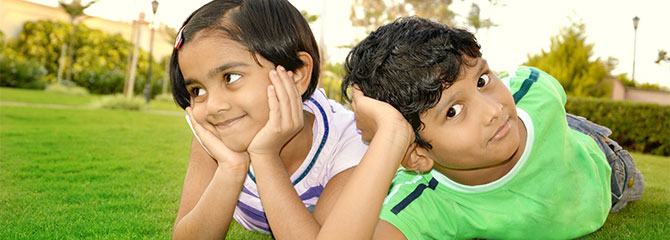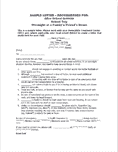Field Trips and Extracurricular Activities

Field trips and extracurricular activities give children the opportunity for new experiences and learning. Although children with bleeding disorders usually require some additional consideration for these activities, with some pre-planning and general guidelines, children with bleeding disorders can enjoy many of the same opportunities as their peers.
This section of Next Step will provide information for parents and youngsters on preparing for various types of school activities — from field trips to extracurricular activities.
Field Trips and Extracurricular Activities
More than just fun, school field trips and extracurricular activities offer many great benefits to children.
Field trips reinforce learning. Students get to experience their lessons in real-world settings. Field trips put lessons in context and are particularly helpful for children who learn by doing. And they cut down on boredom!
Extracurricular activities are a great way for students to make friends and discover new interests and hobbies. They’re ideal for children who are not interested in school team sports, or who may be sidelined from certain physical activities. Middle school and high school open up a whole new world of opportunities that are more scholarly and artistic, such as the chess club, orchestra and band, and service clubs. Getting involved in such activities will help your child explore his or her own identity and interests and build bonds with peers who share similar pursuits and passions. Indeed, activities started in middle school or high school often continue throughout a lifetime.
When it comes to school field trips and extracurricular activities, your child has the right to participate. A child cannot be denied participation because he or she needs medication or treatment, or requires special assistance. If a field trip is planned, the teacher should give you, your child, and the school administration enough time to put together a plan to meet your child’s needs. In some cases, you or a school staff member who has been educated about your child’s bleeding disorder may want to go along with the class. Work with the school to ensure that your child has access to medication at all school-related activities.
Preparing for School Trips and Activities
Here is a checklist to help you prepare for your child's field trips and extracurricular activities:
- My child’s Individualized Health Care Plan (IHP) is current and with the school nurse or administration.
- My child and his/her teacher have a copy of the Sample Letter for Trips and Activities, which has been personalized with my child’s specific needs.
- The teacher knows to give copies of the Sample Letter for Trips and Activities to all chaperones.
- My child is carrying his/her emergency preparedness card and is wearing his/her medical alert jewelry.
- My child has taken the necessary medication/infused prior to the trip or activity (if applicable).
- My child is carrying an Emergency Kit, which includes an ice pack and a traveling dose of factor/medicine.
- I have carefully read the teacher’s instructions and researched the location of the trip.

